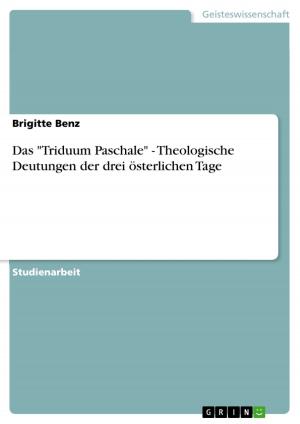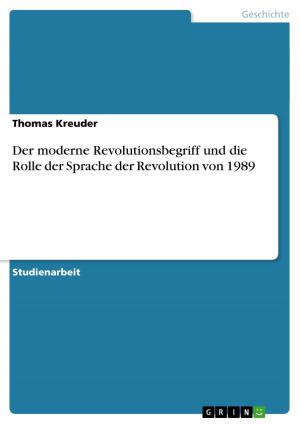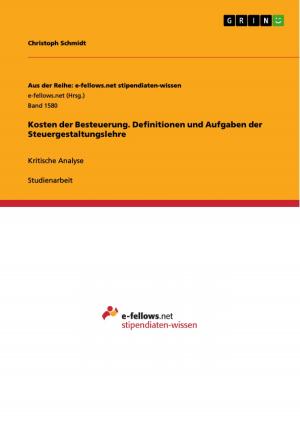The Fallen Woman. Two Ideals of Women in Bram Stoker's 'Dracula'
Fiction & Literature, Literary Theory & Criticism, British| Author: | Sarah Kunz | ISBN: | 9783668484368 |
| Publisher: | GRIN Verlag | Publication: | July 17, 2017 |
| Imprint: | GRIN Verlag | Language: | English |
| Author: | Sarah Kunz |
| ISBN: | 9783668484368 |
| Publisher: | GRIN Verlag |
| Publication: | July 17, 2017 |
| Imprint: | GRIN Verlag |
| Language: | English |
Seminar paper from the year 2016 in the subject English Language and Literature Studies - Literature, grade: 1.0, , course: Gothic Fiction, language: English, abstract: In the novel entitled Dracula, written by Bram Stoker in 1897, the two female characters Lucy Westenra and Mina Harker both seem to represent the Victorian ideal of female virtue. However, as the narrative proceeds, vampirism, brought upon society by Count Dracula, challenges those concepts. After being turned into a vampire, Lucy converts into an openly sexual predator, whereas Mina transforms into a 'New Woman'. While Mina can be saved in the end, Lucy has to die at her lover's hand in order to return to that innocent state of purity. The differences between the two friends get evoked throughout the novel and show two different types of women; one who is worth saving and one who is not because it threatens Victorian ideals.
Seminar paper from the year 2016 in the subject English Language and Literature Studies - Literature, grade: 1.0, , course: Gothic Fiction, language: English, abstract: In the novel entitled Dracula, written by Bram Stoker in 1897, the two female characters Lucy Westenra and Mina Harker both seem to represent the Victorian ideal of female virtue. However, as the narrative proceeds, vampirism, brought upon society by Count Dracula, challenges those concepts. After being turned into a vampire, Lucy converts into an openly sexual predator, whereas Mina transforms into a 'New Woman'. While Mina can be saved in the end, Lucy has to die at her lover's hand in order to return to that innocent state of purity. The differences between the two friends get evoked throughout the novel and show two different types of women; one who is worth saving and one who is not because it threatens Victorian ideals.















